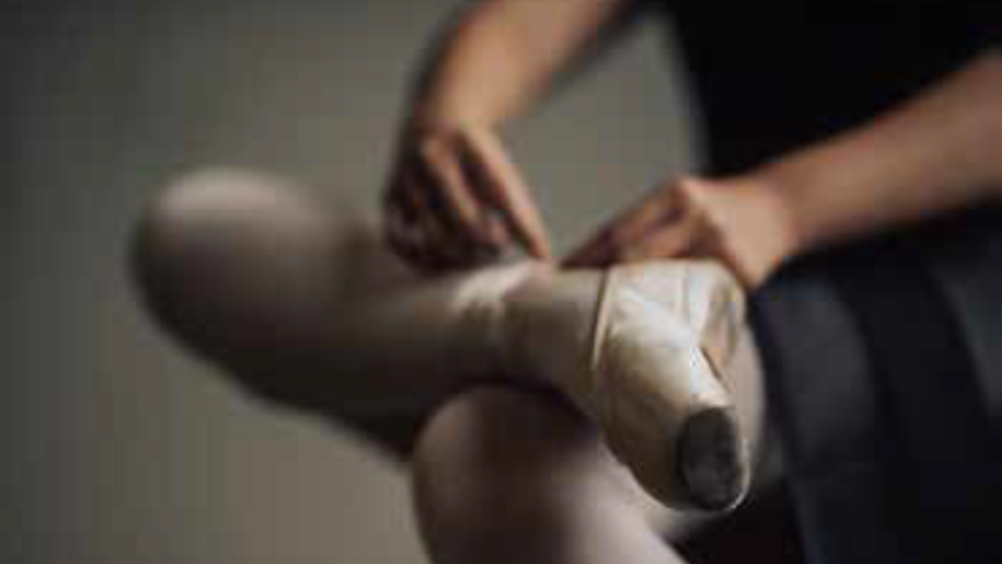Adapting in a changing world

The government recently launched a poster campaign featuring a ballerina with the caption “Fatima’s next job could be in cyber (she just doesn’t know it yet)”. The drive was encouraging people to “rethink, reskill and reboot” – and came shortly after Rishi Sunak, when announcing the replacement of the furlough scheme, admitted he couldn’t save every job, and couldn’t save every business.
The government recently launched a poster campaign featuring a ballerina with the caption “Fatima’s next job could be in cyber (she just doesn’t know it yet)”. The drive was encouraging people to “rethink, reskill and reboot” – and came shortly after Rishi Sunak, when announcing the replacement of the furlough scheme, admitted he couldn’t save every job, and couldn’t save every business. Whilst even the most optimistic have long realised certain jobs would not be returning post-furlough, many still felt the campaign’s approach was crass, particularly given that the reason so many roles are unviable is action the government itself is taking. (On page 12 of this issue, Michael Lansdell looks in detail at the proposals put forward by the chancellor and what they could mean for dentistry.)
Government policies have a direct and indirect effect on businesses, as the public’s willingness to visit establishments and engage with service providers is impacted by the rhetoric used by politicians. And dentistry is not immune from this. Even long-established and well-run practices are facing uncertain futures as business models are hit for six. The stress for dental business owners is immense at the best of times, and the pressure now is even greater – it is perhaps apt then that November 4 is National Stress Awareness Day, where we are encouraged to look out for the signs of people not coping and how best to deal with such problems. On page 32 Michael Sultan looks at coping with stress in practice during these difficult times. The pressures of dentistry are not limited to practice owners, or even to dentists, they can affect all members of the practice team. The reception team may bear the brunt of increased pressure from anxious patients who question why certain treatments aren’t allowed – the decon lead may be feeling the burden of increased scrutiny on their role – the dental nurses may be struggling with uncertainty around the security of their positions – and it only takes one or two people in a team to be suffering to change the entire atmosphere of a practice. This is something Catherine Rutland touches on in her article on page 28 titled ‘Showing your feelings’; she explains the importance of communication across the whole team, particularly when in-person contact may be limited, and encourages everyone to be cognisant of the stresses we are all under during this period of uncertainty.
Register now to continue reading
WHAT’S INCLUDED
-
Unlimited access to the latest news, articles and video content
-
Monthly email newsletter
-
Podcasts and members benefits, coming soon!
